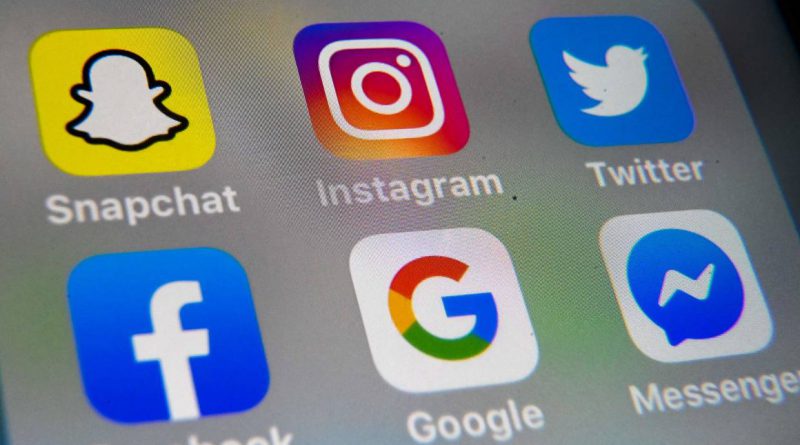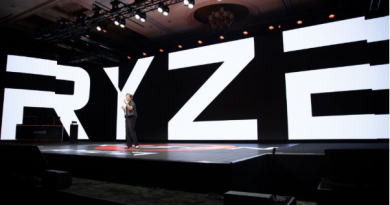‘Techlash’ puts top digital companies under pressure from all sides
Are the sunny days coming to an end for major US technology firms? After surviving multiple scandals, some wonder whether the sailing is going to get even tougher for Facebook, Twitter and other companies as the US political year heats up.
For the longest time, US technology giants like Google and Facebook could count on loose regulations and generally favourable reactions, at least from politicians in their domestic market. They tended to be seen as dynamic, flagship companies that secured America’s place in the world of tomorrow.
Those times are gone.
In 2019, “techlash” struck the large Silicon Valley platform technology companies with full force, reshaping their relationship with US authorities. When Facebook chief executive Mark Zuckerberg is called before committees of the US Congress these days, he’s often met with open hostility.
Google, Facebook and Amazon are subjects of an antitrust investigation by the US Justice Department. Senator Elizabeth Warren, a Democratic Party candidate in the 2020 presidential election, advocates breaking up big tech companies to promote more competition. The US Federal Trade Commission (FTC) slapped Facebook with a record 5-billion-dollar fine for privacy breaches in July.
When Amazon announced plans to build a 25,000-employee second headquarters in the Queens borough of New York City, opposition from residents, activists and local politicians was so fierce that it abandoned the project. English actor and comedian Sacha Baron Cohen, known in part for his movie Borat, recently made waves by calling Facebook and other social media “the greatest propaganda machine in history”.
How have things come to this?
A turning point was the US presidential election campaign in 2016, when Facebook and Twitter in particular were not only used by clever campaign strategists, but also to an unprecedented degree by propaganda teams from Russia. Nor was the public image of social media helped when Zuckerberg described the notion that fake news on Facebook may have influenced the election outcome as a “pretty crazy idea”, an assessment he later walked back.
Then Facebook was pilloried in 2018 for the scandal involving the British political data firm Cambridge Analytica, hired by US President Donald Trump’s 2016 election campaign. In 2014, the firm gained access to private information on tens of millions of American Facebook users, which was used to target voters with personalised political advertisements.
The uproar over the data breach, which had occurred years earlier and looked almost harmless compared with several other slip-ups by Facebook, was a sign of the times.
However, the mood of the US populace is darkening. According to a recent survey by the Pew Research Center, a Washington-based “fact tank”, the share of Americans who see technology companies as having a positive impact on the United States has tumbled to 50% from 71% four years ago. What’s more, negative views of the companies’ impact on the country have nearly doubled during this period, from 17% to 33%.
US politicians have left no doubt that the country’s big technology companies face tighter regulations. But with a presidential election less than a year away, political calculation may be playing a part. An investigation by the Justice Department into whether major digital technology companies engage in anti-competitive practices comes amid claims by Trump that they suppress conservative views.
At the same time, Facebook has been criticised for its decision not to automatically take down provably false content from politicians – and thereby stay out of the political fray.
That said, business continues to go splendidly for the technology giants. Facebook easily digested the FTC fine in just a quarter. And Google, hit with antitrust fines from the European Union now totalling more than €8bil (RM36.66bil), ploughs ahead unfazed. The companies’ users also keep growing in numbers. – dpa
Source: TheStar


